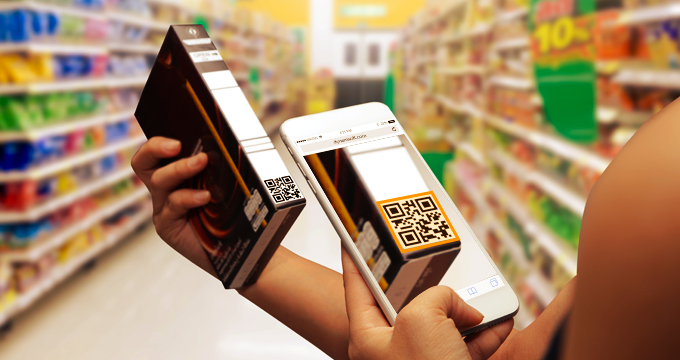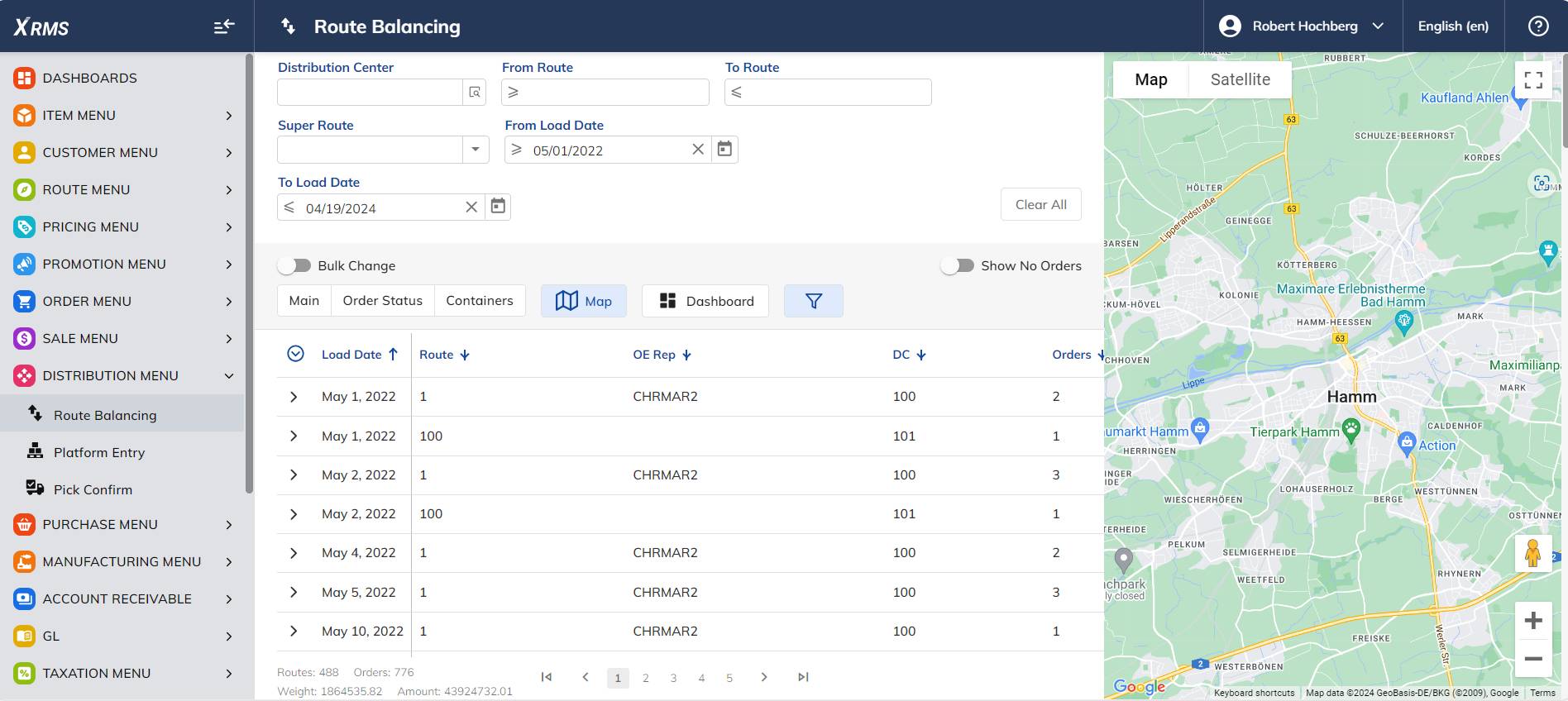The competitive landscape for food companies has altered dramatically as a result of advances in food distribution technologies.

The competitive landscape for food companies has altered dramatically as a result of advances in food distribution technologies. Many firms’ food distribution procedures are becoming more efficient with the help of smart technologies such as automated processes, artificial intelligence, advanced analytics, etc. While enterprises that fail to capitalize on new technologies risk falling behind.
There’s a compelling argument to be made for investing in smart technology, notably food distribution software. For starters, the food sector is heavily regulated, which makes food logistics more difficult than sending other items. Due to recurrent clients and orders, food and beverage distributors often confront significant routing issues.
In this blog, we will discuss the advantages of food distribution software.
Food firms must be able to track their shipments. Fortunately, real-time tracking features in food distribution software may help businesses establish better control over their workers and delivery trucks. Real-time tracking eliminates the need for food producers and distributors to keep track of every shipment and allows them to deal with exceptions on delivery day. This leads to increased consumer involvement, which can help in maintaining your bottom line.
Last-minute order adjustments, order cancellations, and changes in drop-off locations are all issues that food businesses must deal with. However, manually processing these adjustments might result in severe delivery delays. Food distribution software aids businesses in dealing with these unforeseen circumstances and allows them to act quickly and effectively to changes in orders and deliveries. Drivers’ job assignments are updated and end clients are notified using the appropriate software.
A wholesale food distribution system may help distributors empower their clients by enabling additional flexibility. You can proactively accommodate changing client demands without busting a muscle, rather than sticking to a strict timetable that can’t be modified without a massive effort. Giving customers greater control over their deliveries improves the customer experience and benefits businesses, as well as lowers delivery costs.
Food wholesalers must also keep their consumers pleased by giving them regular delivery updates. Whatever software you use should allow food businesses to update their consumers on the status of their orders and deliveries instantaneously. It should have an interactive tracking system so that clients of food delivery services may plan ahead of time when the delivery team is already near. When unforeseen incidents occur, fleet managers should also get timely notifications. This feature can assist fleet managers in reacting rapidly to unexpected events.
The complexity of food distribution systems are unlikely to disappear anytime soon. In reality, as food producers and distributors deal with the impact of the current COVID-19 epidemic on the supply chain, difficulties are expected to persist and potentially grow. Food firms, fortunately, can use food distribution software to overcome these obstacles and improve their competitiveness.
